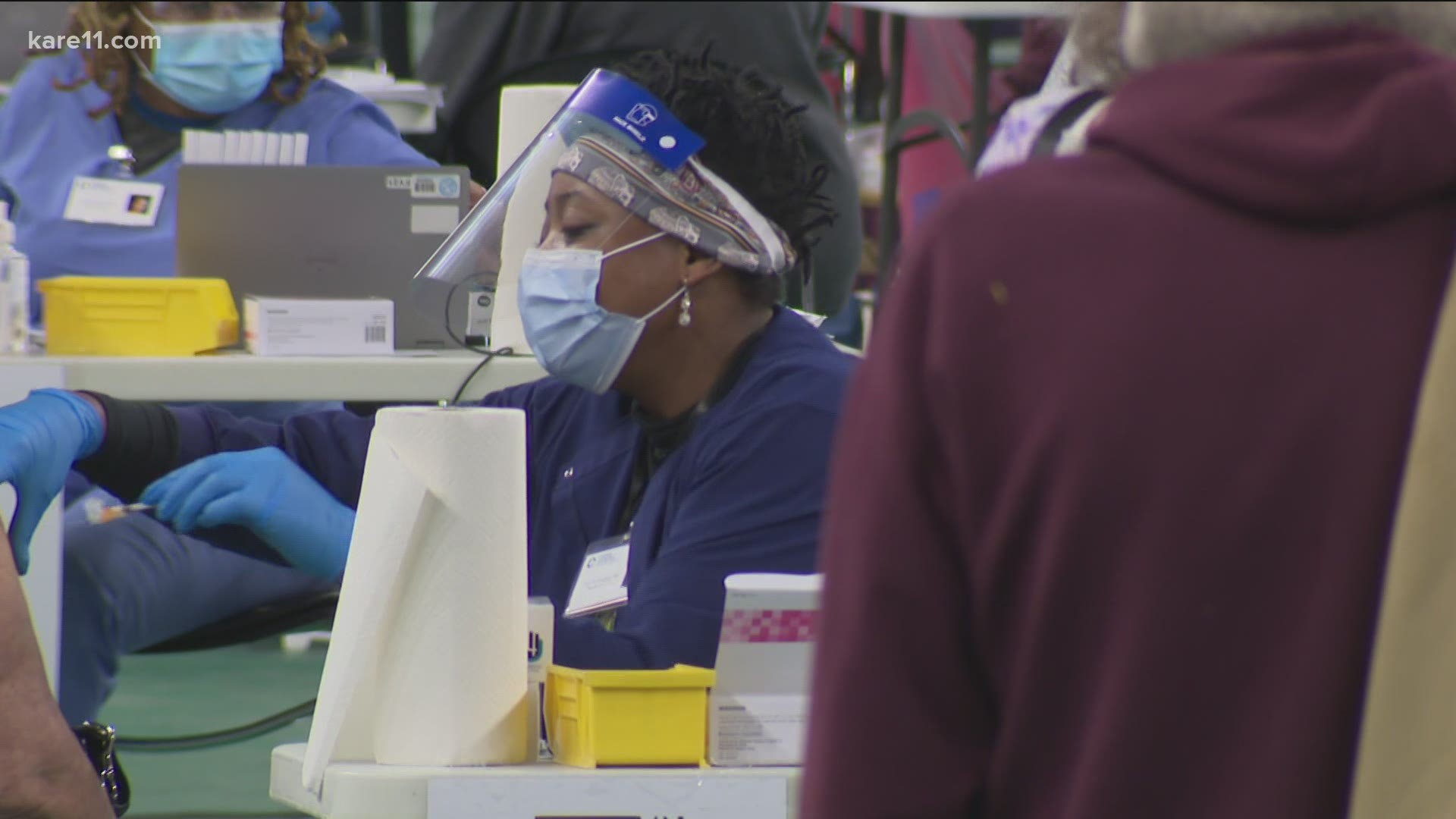ROCHESTER, Minnesota — When it comes to COVID-19 hospitalizations and deaths, older adults and those with chronic diseases are more vulnerable.
Researchers at Mayo Clinic and the University of Minnesota Medical School decided to investigate in a preclinical study one of the common factors of all these individuals: more senescent cells.
Senescent cells accumulate in the body as people age and in chronic diseases. These cells are resistant to dying.
"We found that these cells do a number of things. First, they produce some factors that enable coronavirus to get into nearby normal cells more easily. They reduce the ability of the body to fight viral infections. Then when coronavirus is present, it makes these cells produce much more in the way of damaging factors than they normally do," said Dr. James Kirkland, director of the Robert and Arlene Kogod Center on Aging at Mayo Clinic and one of the principal investigators.
"These are cells... are damaged, and cranky, and angry, and they're very pro-inflammatory," added Dr. Laura Niedernhofer, director of the Institute on Biology of Aging and Metabolism at the U of M Medical School and also one of the principal investigators.
When researchers looked at infected mice, the young ones were fine but "in old mice that were exposed to a beta coronavirus that they had never seen before, like the situation in SARS-CoV-2, 100% of those animals died," Dr. Niedernhofer said.
But by treating older mice with senolytic drugs — that remove senescent cells — researchers were able to rescue half of them.
"What these drugs do is they temporarily disable the pathways that senescent cells use to defend themselves against the things that are killing other cells with," Dr. Kirkland said.
"We are very hopeful that indeed this approach, a senolytic drug, might protect older people or people with lots of diseases that might be very vulnerable to bad outcomes in COVID-19," Dr. Niedernhofer said.
Even as vaccination rates go up, researchers believe this potential COVID-19 treatment could be beneficial in many different situations.
For example, some countries are struggling to get vaccine. Variants still pose a problem and some people won't get vaccinated. There are also rare breakthrough cases in fully vaccinated people.
Their research with senescent cell therapies started years before the pandemic. Mayo Clinic has more than 15 clinical trials underway for different conditions.
"We're interested in this approach for looking at infections in general. It's not just viruses or even ones that are related to coronavirus," Dr. Kirkland said.
Researchers are moving forward with three human clinical trials related to this as a potential COVID-19 treatment.
Dr. Kirkland is warning people against trying any of these drugs outside of a clinical trial.
"We don't know what the side effects are going to be and it's very important that these agents be studied first of all in carefully controlled clinical trials," he said.

